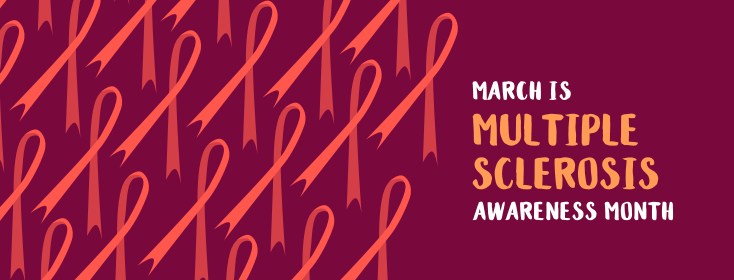By Violet Barnett, Communications Intern
Although all Giant Steps clients reap the benefits that therapeutic riding has to offer no matter their specific needs, clients with Multiple Sclerosis (MS) greatly profit from the irreplaceable connection between human and horse. MS is a disease that can potentially disable the central nervous system—blocking the signals from the brain to the spinal cord. An autoimmune disease, MS has no clear cause and is considered to be the body attacking its own tissues. Although middle-aged women are most likely to be affected by the disease, it can affect anyone. Symptoms of MS vary greatly based on the patient; unpredictable symptoms such as fatigue, numbness, and paralysis are common.
While no cure has been discovered for MS, recent studies in The American Journal of Physical Medicine and Rehabilitation show that the pelvic movement caused by the horse’s gait has a remarkable impact on balance and motor function. The consistent, positive experiences at Giants Steps for clients living with this unpredictable disease can help to treat some of its most prevalent symptoms— depression, mood swings, and forgetfulness.
Although opinions differ slightly as to the specific scientific benefits of equine therapy for those with MS, there is one thing all studies agree on—improved quality of life. Equine connection enriches the lives of all clients at Giant Steps, and allows clients with MS to create connections they may be unable to have in daily life.


